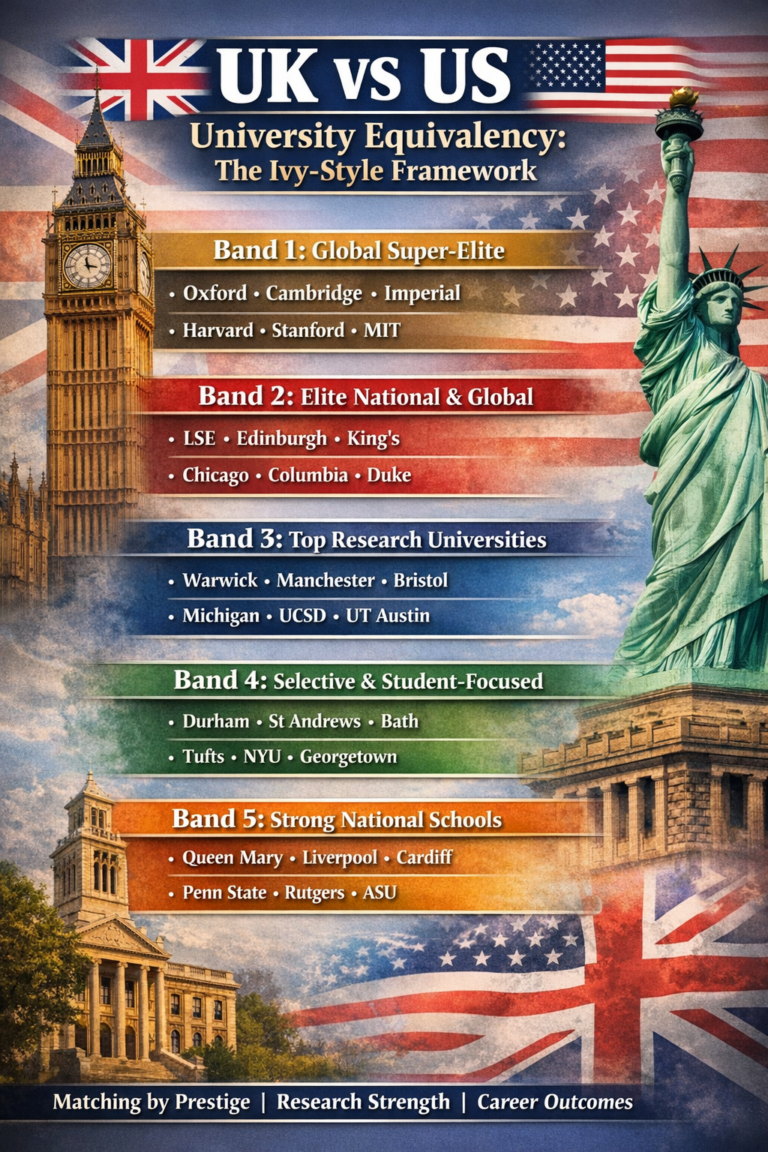The path to college has never been more complex. Admissions requirements keep shifting, application numbers are soaring, and counselors are stretched thin trying to give students the personalized attention they deserve.
This is where a new wave of EdTech platforms for college guidance steps in. From established names like Naviance, Scoir, and Cialfo to newer entrants like Kollegio AI, CounselMore, and Schooligio.ai, each promises to support students and counselors in navigating this high-stakes journey.
But what really separates these tools? Below, we break down the five critical dimensions where platforms differentiate—and why they matter for schools, families, and students alike.
1. Personalization Over One-Size-Fits-All
Yesterday’s guidance tools revolved around data visualization—scattergrams, GPA trends, and acceptance charts. While helpful, they were often static and generic.
-
Naviance pioneered this approach with career surveys and school-based outcome data.
-
Scoir made it mobile and interactive, adding predictive acceptance chances.
-
Cialfo broadened horizons with international university exploration.
Now, the emphasis is shifting to personalization.
-
Kollegio AI provides free AI-powered essay feedback and scholarship search.
-
Schooligio.ai introduces a staged system that evolves with students from Grade 8 through Grade 12, offering tailored milestones, academic planning, ethical AI writing support, and benchmarking against peers worldwide.
🔑 Takeaway: The platforms of the future will not just show students the data—they’ll walk them through a step-by-step journey tailored to their aspirations.
2. Counselor Workflows: From Paperwork to People Work
Counselors are the heartbeat of college guidance, but they face overwhelming caseloads. A platform’s true value lies in how much it reduces administrative overhead.
-
Scoir integrates with the Common App, streamlining document sending and task management.
-
Cialfo equips schools with dashboards, reporting tools, and parent-facing features.
-
CounselMore supports independent consultants with application tracking and essay prompts.
The next evolution is AI-driven workload relief.
-
Schooligio.ai offers dashboards that automatically generate follow-ups, flag at-risk students, and keep parents informed—so counselors can focus on mentoring rather than paperwork.
🔑 Takeaway: Platforms that give counselors back their time will create the greatest long-term value.
3. Global Perspective vs. Local Insights
Students no longer apply only within their home country. Yet schools still need tools that reflect local academic norms while also opening doors abroad.
-
Naviance and Scoir are strongest in the U.S., where they leverage rich admissions data.
-
Cialfo positions itself as the global bridge, linking students with 1,000+ universities in 50+ countries.
Schooligio.ai aims to deliver both:
-
Local depth via region-specific rankings and pathways.
-
Global scalability that makes the platform relevant for schools in Mumbai, Dubai, or Chicago.
🔑 Takeaway: The winners will combine local cultural context with global opportunities.
4. Equity and Affordability
Technology should reduce barriers—not reinforce them. Equity is now a key differentiator.
-
UStrive connects under-resourced students with volunteer mentors.
-
Scholly (now free under Sallie Mae) expanded access to scholarships.
-
Kollegio AI made AI essay help available at no cost.
Schooligio.ai takes a hybrid approach:
-
Free access for under-resourced schools.
-
Affordable subscriptions for individuals.
-
Scholarship-backed access for students who might otherwise miss out.
🔑 Takeaway: Equity isn’t a feature—it’s an expectation. Platforms must build affordability into their model to stay relevant.
5. Trust, Privacy, and Ethical AI
Parents, schools, and regulators are increasingly focused on how student data is handled.
-
Legacy platforms vary in their transparency and compliance levels.
-
Schooligio.ai was designed with a compliance-first architecture (FERPA, GDPR, COPPA, SOC 2/3, ISO 27001). Its AI tools are positioned as ethical assistants—enhancing student voice without replacing it.
🔑 Takeaway: In an AI-driven world, the platforms that will thrive are those that are responsible by design.
6. Innovation Speed and User Experience
A final differentiator is how quickly platforms evolve.
-
Naviance, though data-rich, has struggled with outdated interfaces.
-
Scoir updates regularly but makes incremental changes.
-
Cialfo is innovative but sometimes overwhelming for smaller schools.
Schooligio.ai, by contrast, is AI-native—which means it builds automation, personalization, and analytics into its core, not as bolt-ons. This agility helps it adapt faster to changing admissions trends.
🔑 Takeaway: The next generation of platforms will be defined by speed of innovation plus usability.
The Bottom Line
Whether you’re a student, parent, or counselor, the question isn’t just “Which tool has the most features?” but “Which tool actually makes the journey easier, fairer, and more human?”
-
Naviance offers data depth.
-
Scoir focuses on predictive insights.
-
Cialfo connects the world.
-
CounselMore supports consultants.
-
Kollegio AI empowers individuals for free.
-
Schooligio.ai ties it all together with AI-driven personalization, counselor automation, equity, and compliance.
Most platforms track progress.
The best platforms will transform futures.
📢 About Schooligio.ai
Launched in August 2025, Schooligio.ai is the first AI-powered, compliance-first college counseling platform designed by veteran educators. It supports students from Grades 8–12, automates counselor workflows, and ensures equity through affordable access worldwide.
👉 Explore more at Schooligio.ai









